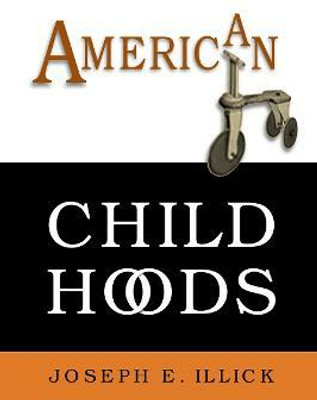American Childhoods(English, Paperback, Illick Joseph E.)
Quick Overview
Product Price Comparison
Selected by Choice magazine as an Outstanding Academic Title The experiences of children in America have long been a source of scholarly fascination and general interest. In American Childhoods, Joseph Illick brings together his own extensive research and a synthesis of literature from a range of disciplines to present the first comprehensive cross-cultural history of childhood in America. Beginning with American Indians, European settlers, and African slaves and their differing perceptions of how children should be raised, American Childhoods moves to the nineteenth century and the rise of industrialization to introduce the offspring of the emerging urban middle and working classes. Illick reveals that while rural and working-class children continued to toil from an early age, as they had in the colonial period, childhood among the urban middle class became recognized as a distinct phase of life, with a continuing emphasis on gender differences. Illick then discusses how the public school system was created in the nineteenth century to assimilate immigrants and discipline all children, and observes its major role in age-grouping children as well as drawing working-class youngsters from factories to classrooms. At the same time, such social problems as juvenile delinquency were confronted by private charities and, ultimately, by the state. Concluding his sweeping study, the author presents the progeny of suburban, inner-city, and rural Americans in the twentieth century, highlighting the growing disparity of opportunities available to children of decaying cities and the booming suburbs. Consistently making connections between economics, psychology, commerce, sociology, and anthropology, American Childhoods is rich with insight into the elusive world of children. Grounded firmly in social and cultural history and written in lucid, accessible prose, the book demonstrates how children's experiences have varied dramatically through time and across space, and how the idea of childhood has meant vastly different things to different groups in American society.


